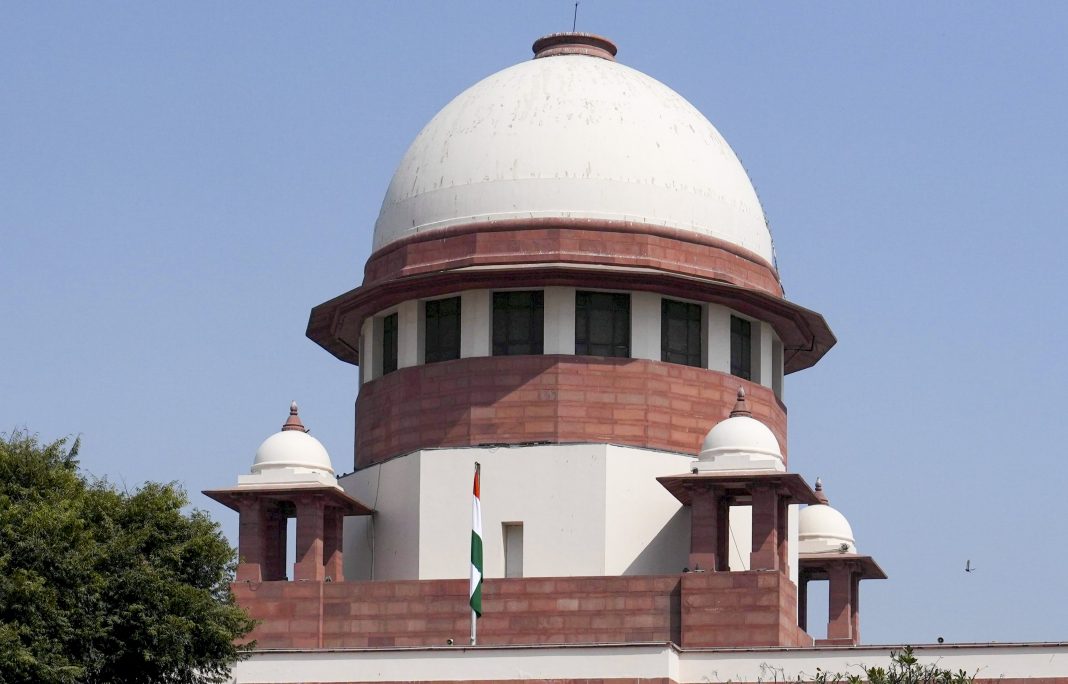New Delhi, Aug 7: Observing that procedure was scrupulously followed, the Supreme Court on Thursday dismissed Allahabad High Court judge Yashwant Varma’s plea seeking invalidation of an in-house inquiry report finding him guilty of misconduct in the cash discovery row.
A bench of Justices Dipankar Datta and A G Masih said Justice Varma’s conduct does not inspire confidence and his plea should not be entertained, a major upset for the judge at the centre of controversy since March when a huge cache of half-burnt cash was found following a fire in the storeroom of his official residence in Delhi.
Justice Varma had also sought quashing of the May 8 recommendation by then Chief Justice of India Sanjiv Khanna urging Parliament to initiate impeachment proceedings against him.
The top court said the then CJI and the in-house committee scrupulously followed procedure except for uploading of the video footage and the photographs.
“We have held that it was not required to do so (upload the photos and videos of the fire-fighting operation on the SC website) as per the procedure. But having said so, we have held that nothing turns on it, because at the opportune moment, you did not question it. And there is also no relief claimed in the writ petition in so far as the uploading is concerned,” Justice Datta read from the judgement.
The apex court held that in-house procedure and the judges committee appointed by the then CJI adhered to the stipulated procedure and sending of the report to the prime minister and president with recommendation for his removal was not unconstitutional.
Pointing that the in-house procedure of the apex court had legal sanctity, the bench said it is not a parallel mechanism outside the constitutional framework.
The court also found no violation of Justice Varma’s fundamental rights.
It granted liberty to Justice Varma to raise his contentions in any impeachment proceedings if initiated against him.
The top court had earlier told Justice Varma that his conduct did not inspire confidence and also defended the CJI’s authority to act on any judicial misconduct, saying he cannot be merely a “post office but has certain duties to the nation”.
It also dismissed a petition filed by advocate Mathews J Nedumpara seeking registration of an FIR against Justice Varma on the ground of “abuse of process of the Court”.
While reserving its verdict on July 30, the court had also asked Justice Varma why he chose to move the apex court after an in-house committee found him guilty of misconduct.
In his petition, Justice Varma submitted that the inquiry “reversed the burden of proof”, requiring him to investigate and disprove the charges levelled against him.
Alleging that the panel’s findings were based on a preconceived narrative, he said the inquiry timelines were driven solely by the urge to conclude proceedings swiftly, even at the expense of “procedural fairness”.
The petition contended that the inquiry panel drew adverse findings without affording him a full and fair hearing.
A report of the inquiry panel probing the incident had said Justice Varma and his family members had covert or active control over the store room where a huge cache of half-burnt cash was found following a fire incident, proving his misconduct which is serious enough to seek his removal.
The three-judge panel headed by Chief Justice Sheel Nagu of the Punjab and Haryana High Court conducted the inquiry for 10 days, examined 55 witnesses and visited the scene of the accidental fire. It started around 11.35 pm on March 14 at the official residence of Justice Varma who was then a sitting judge of the Delhi High Court. (PTI)




